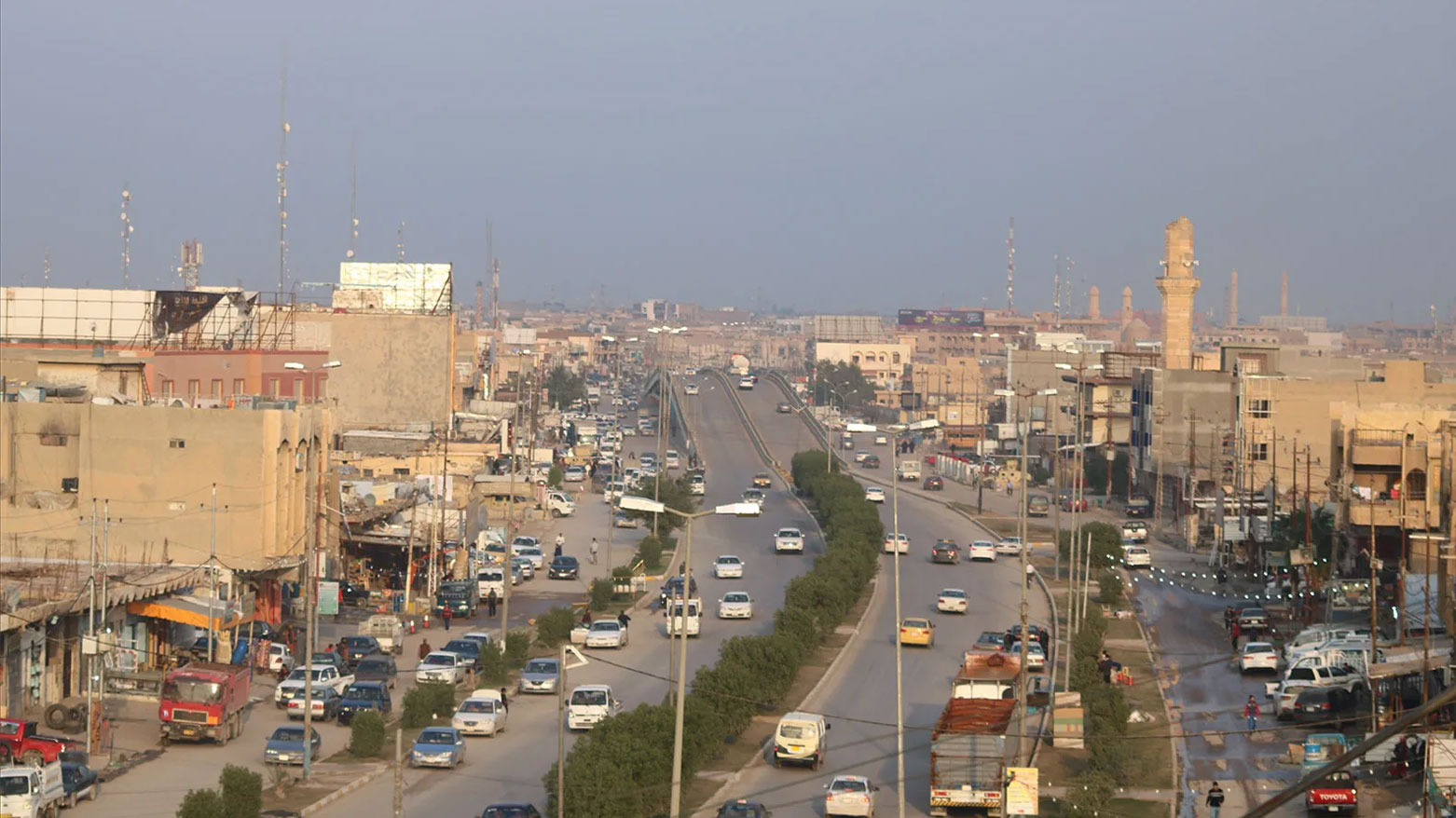Fallujah Eyes Kurdistan's 'Runaki' Power Model to End Decades of Blackouts
Suffering from severe power cuts, Fallujah residents are urging the government to adopt the Kurdistan Region's successful 'Runaki' electricity system. They believe the model can provide constant power, reduce pollution, and end a crisis that has lasted since 2003.

ERBIL (Kurdistan24) – Facing what they describe as daily suffering from chronic power outages, residents of Fallujah are now formally urging their local and central governments to adopt the "Runaki" electricity management system, a model successfully implemented across the Kurdistan Region that they believe holds the key to ending their city's long-standing energy crisis.
The proposal comes as the residents of the Anbar province city endure a difficult situation with frequent and prolonged power cuts, where the daily electricity supply often does not exceed one or two unstable hours.
This severe shortage has forced the population to rely heavily on private diesel generators, a costly alternative that contributes significantly to air pollution and increased carbon emissions, thereby negatively impacting public health and the environment. The suffering is particularly acute during the scorching summer months when electricity becomes essential for daily life.
Citizens are now looking north to the Kurdistan Region, where the provinces of Erbil, Sulaimani, and Duhok have successfully implemented the 'Runaki' system, providing continuous electricity and improving the quality of life for their residents.
"We call on the local government in Anbar province and the central government to study the 'Runaki' experience and work on replicating and implementing it in Fallujah and other areas of the province," citizens who spoke to Kurdistan24 said.
Another citizen highlighted the multifaceted benefits of such a move, stating, "This project, if adopted, will reduce reliance on generators and limit environmental pollution problems. It will also ensure a continuous electricity supply, especially during the scorching summer months."
According to the proposal submitted by residents, the 'Runaki' project is a modern and sustainable method for managing and distributing electrical energy. It focuses on reducing power loss, improving the distribution network, and ensuring a continuous supply, while relying on less environmentally harmful energy sources. The project's success in the Kurdistan Region, the proposal notes, has led to "the disappearance of the power outage crisis and has significantly raised the quality of life for residents."
As citizens in Fallujah and many other Iraqi cities continue to grapple with an electricity crisis that has persisted since 2003, the call to find practical and effective solutions has grown louder. The 'Runaki' project, as outlined by the residents, "represents a real opportunity to overcome the electricity crisis in Fallujah."
The proposal concludes with the hope that it will be considered seriously by officials "for the benefit of the citizens, the environment, and the future of the city."
